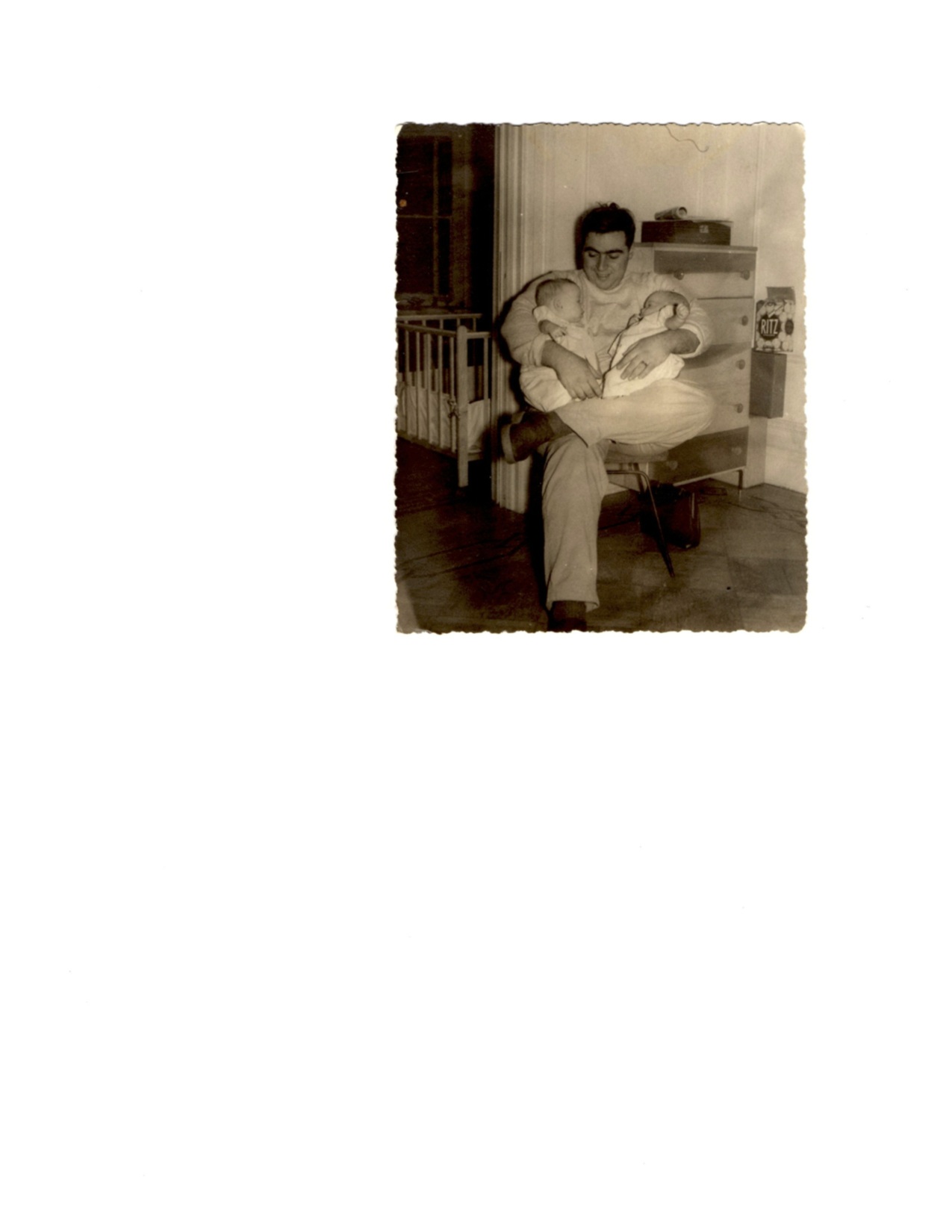
|
OpEdNews Op Eds Cheney's Pelosi Ploy |
|
Dick Cheney's continued criticism of Nancy Pelosi and the Democratic Congress' attempt to reassert its authority over the Iraq occupation, is more than a power grab. It is an attempt to prolong this fight-or-flight state, and the primitive reasoning it promotes. This appeal to collective arousal lends itself well to a syndrome known in management circles as "escalation." As such, Cheney's choice of words is replete with escalation imagery.
Applied social science research - especially in the administrative sciences - is often inspired by foreign policy blunders. The "groupthink" concept was modeled after the Bay of Pigs debacle of the Kennedy Administration. In the early 1980's, Professor Barry M. Staw introduced the idea of "escalation of commitment to a course of action" to the management community, based in part on the quagmire in Vietnam. The resurfacing of the term "escalation" in reference to the Iraq occupation, is apt.
Escalation scenarios are marked by pressure to appear to be a consistent leader, a sense of responsibility for failure and loss, and an attempt to use further commitment of resources to justify the original decision. In short, when a decision maker is in the throes of an escalation trap, the decision becomes, not about the facts, or a cost-benefit analysis of continuing to sink resources into the project, but about the decision-maker him-or herself.
Cheney's most recent statement aimed at Pelosi, asks us to similarly assess the Iraq situation in terms of what it says about us. In this two-dimensional view of the situation, there are two modes of operation: having the "will" to continue the present strategy, or giving in to the enemy:
"Al Qaeda functions on the basis that they think they can break our will. That's their fundamental underlying strategy, that if they can kill enough Americans or cause enough havoc, create enough chaos in Iraq, then we'll quit and go home," Cheney added. "And my statement was that if we adopt the Pelosi policy, that then we will validate the strategy of al Qaeda. I said it and I meant it."
The possibility that al Qaeda is not the main source of our opposition in Iraq, or the possibility that "will" could apply to something other than inertia, is not important. Neither are the facts on the ground, the protection afforded our troops, or even the eventual outcomes we seek. Subtle distinctions and abstract analysis are fast casualties: it's all about us. This is consistent with Cheney's earlier statement - that what counts is whether we "have the stomach to finish the task in Iraq." This self-definition is so crucial, that a clear delineation of what the task is, and what finishing that task would consist of - almost four years after "mission accomplished" - is beside the point.
Thus, Pelosi and the Democrats are accused - not of undermining our policy objectives in the region - but simply of "validating" al Qaeda. Suddenly, it is not national security we seek, but self esteem.
Defending against this tactic can be tricky. It's easy to get caught in the self-justification trap, especially when one is accused of "validating" the enemy. There are signs that Nancy Pelosi may be falling into that trap, when she complains that Cheney is questioning her patriotism. It's all about the Democrats?
Pelosi might be more successful, if she can call on the American people to tear ourselves away from the mirror, and regain our higher level reasoning abilities. The troops we may put in harm's way deserve a sober assessment of the risks and benefits of our actions, based on the facts on the ground - not on our collective national ego.
| Rate It | View Ratings |
Amy Fried applies her Ph.D. in Organizational Behavior to writing and activism on church-state separation, feminism, reproductive rights, corruption, media and veganism.

OpEdNews depends upon can't survive without your help.
If you value this article and the work of OpEdNews, please either Donate or Purchase a premium membership.
If you've enjoyed this, sign up for our daily or weekly newsletter to get lots of great progressive content.
Most Popular Articles by this Author: (View All Most Popular Articles by this Author)
What Erectile Dysfunction Ads Say About Our Culture and Our Health
Why Disability is a Feminist Issue
What Makes a Good Leader?
Confessions of a Junk Food Vegan
Old Enough to be Raped
FILM REVIEW: Half the Sky: A Must-See Problem, A Flawed Solution
To View Comments or Join the Conversation:



